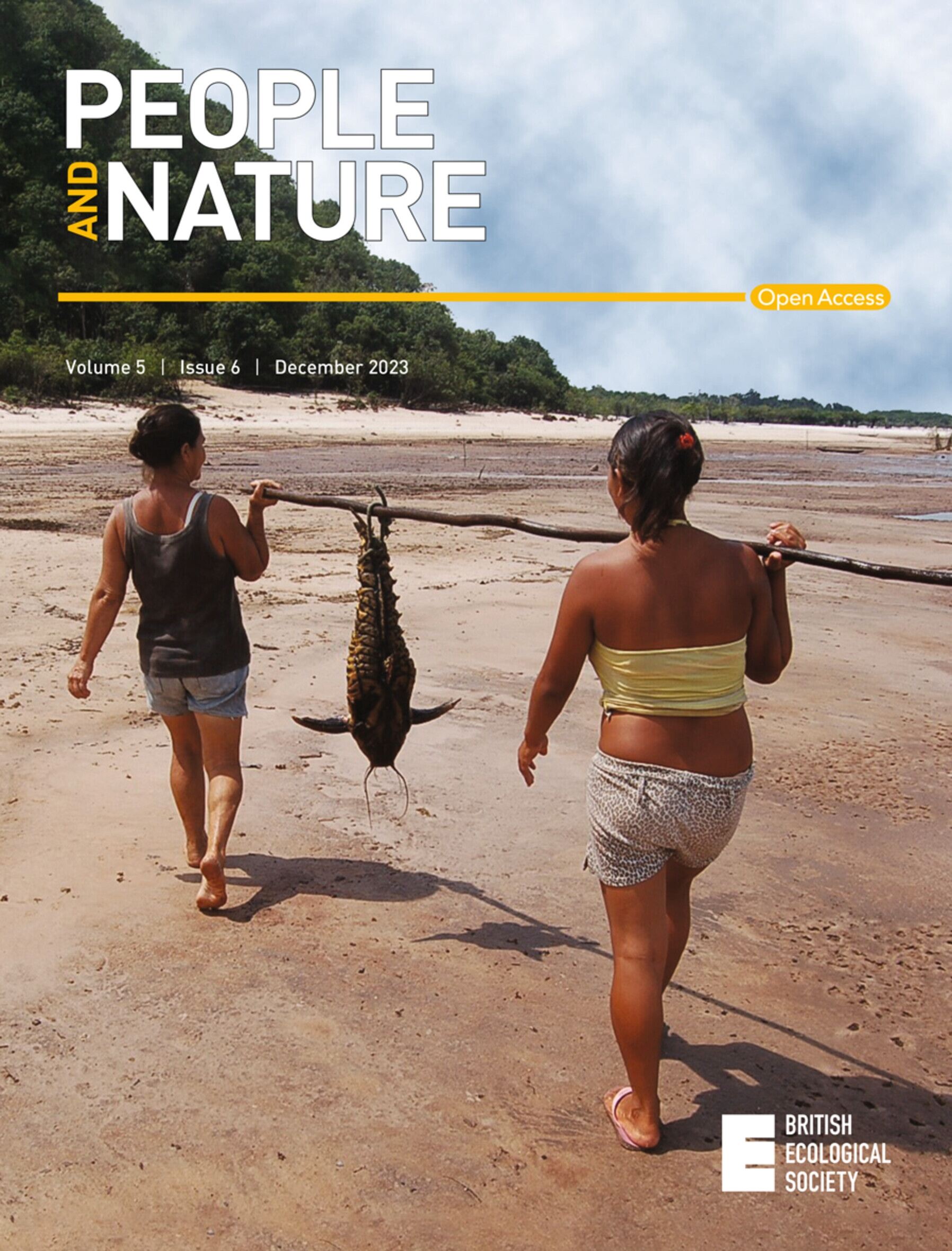Interests, beliefs, experience and perceptions shape tolerance towards impacts of recovering predators
IF 4.9
1区 环境科学与生态学
Q1 BIODIVERSITY CONSERVATION
引用次数: 0
Abstract
The modification of landscapes is increasing the interface between humans and wildlife, while conflicts concerning predator impacts on human activities persist. Some previously persecuted but now protected predator species are experiencing recovery and range expansion. Tolerance is considered essential for achieving coexistence between humans and wildlife; however, its conceptualisation remains unresolved. Little is known about tolerance in the context of recovering predators, particularly which drivers are relevant to all or specific species and human interests. Using an online questionnaire survey shared with members of organisations with interests in rural land‐based activities, we collected data on interests and beliefs, and attitudes, perceptions, experience and management preferences for six recovering vertebrate predators in the United Kingdom (n = 819). We created a species tolerance score representing the management choices of the respondents in different conflict scenarios, which differed in the degree of impact on the predator population. Our species tolerance score was characterised by a complex combination of the interests and beliefs of the respondents about wildlife management, perceptions and experience of that species (perceived benefits, population trend, positive and negative experience, indirect negative experience) and negative experience of other recovering predators. We found a tolerance gradient between interest groups with notable overlap between groups with primary interests in wildlife conservation, shooting, farming and fishing. Although higher perceived benefits consistently corresponded to higher tolerance, having a negative experience of the species dampened the effect of perceived benefits on tolerance. When both negative personal and indirect experiences were reported, tolerance was dramatically reduced. The classification of species from least to most tolerated was consistent between interest groups. The application of our species tolerance score as the normative dimension (i.e. acceptability) in Brenner and Metcalf's (2020) Social Tolerance of Wildlife Framework highlights that tolerance (negative attitude—high acceptability) is potentially rare and more positive attitudes must be achieved before acceptance of the impacts of species can increase. Our findings highlight that considering only primary interests may hinder debates concerning recovering predators. Strategies to reduce negative experiences or change how they are perceived could significantly increase tolerance in combination with increasing positive experiences. Read the free Plain Language Summary for this article on the Journal blog.兴趣、信念、经验和观念决定了对恢复期掠食者影响的容忍度
地貌的改变增加了人类与野生动物之间的接触面,而有关捕食者对人类活动影响的冲突依然存在。一些以前受到迫害但现在受到保护的食肉动物正在恢复和扩大范围。 宽容被认为是实现人类与野生动物共存的关键;然而,宽容的概念仍未得到解决。人们对食肉动物恢复过程中的宽容度知之甚少,尤其是哪些驱动因素与所有或特定物种以及人类利益相关。 通过与农村土地活动利益组织成员共享的在线问卷调查,我们收集了有关英国六种正在恢复的脊椎动物捕食者(n = 819)的兴趣、信念、态度、认知、经验和管理偏好的数据。我们创建了一个物种容忍度评分,代表受访者在不同冲突情况下的管理选择,这些冲突对掠食者种群的影响程度各不相同。 我们的物种容忍度得分是由受访者对野生动物管理的兴趣和信念、对该物种的看法和经验(感知到的益处、种群趋势、正面和负面经验、间接负面经验)以及对其他正在恢复的捕食者的负面经验的复杂组合而得出的。 我们发现,不同利益群体之间存在宽容度梯度,主要利益群体在野生动物保护、射击、养殖和捕鱼方面存在明显重叠。虽然感知到的利益越高,容忍度就越高,但对该物种的负面经历会削弱感知到的利益对容忍度的影响。当报告了个人和间接的负面经历时,容忍度就会大大降低。不同兴趣小组对物种的容忍度从低到高的分类是一致的。 在布伦纳和梅特卡夫(2020 年)的《野生动物社会容忍度框架》中,我们的物种容忍度得分被用作规范维度(即可接受性),这凸显了容忍度(消极态度-高可接受性)可能是罕见的,必须要有更积极的态度,才能提高对物种影响的接受度。 我们的研究结果强调,只考虑主要利益可能会阻碍有关食肉动物恢复的辩论。减少负面经验或改变人们对负面经验的看法的策略与增加正面经验相结合,可以显著提高容忍度。 在期刊博客上免费阅读本文的通俗语言摘要。
本文章由计算机程序翻译,如有差异,请以英文原文为准。
求助全文
约1分钟内获得全文
求助全文

 求助内容:
求助内容: 应助结果提醒方式:
应助结果提醒方式:


